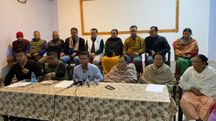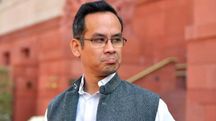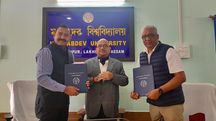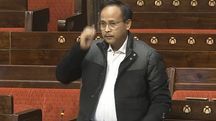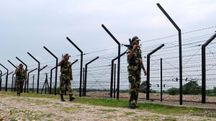"BBC seeks apology" for its documentary on Kaziranga
 BBC
BBCGuwahati, November 7, 2018:
Almost after a year of its ban from filming on India’s national parks and wildlife sanctuaries for five years British Broadcasting Corporation (BBC) has seek apology for “any adverse impact” caused by its news documentary on Kaziranga that showed the park’s anti-poaching strategy in poor light.
Reports stated that in a letter from Dr Julian Hector, the head of BBC’s Natural History Unit to the National Tiger Conservation Authority, said he wanted to talk about “all concerns” in detail.
He also apologised for not approaching the National Tiger Conservation Authority (NTCA) earlier.
In the report it was also stated that according to the Government, the BBC’s documentary titled ‘Killing for Conservation’ has misrepresented the resistance provided to forest staff as a “shoot-to-kill” policy.
The Central Government had said the documentary “projected a negative, malicious and sensational portrayal of India’s conservation success story at the Kaziranga Tiger Reserve” and did “irreparable damage to the country’s reputation”.
Earlier, Pramila Rani Brahma, Assam’s forest minister threatened to initiate legal action against the BBC after consulting the Assam Chief Minister Sarbananda Sonowal.
More, Abhijit Asom, the self-styled chairman of the secessionist group ULFA (I) introduced another dimension into the whole issue by branding majority of the encroachers as illegal migrants.
Copyright©2025 Living Media India Limited. For reprint rights: Syndications Today

